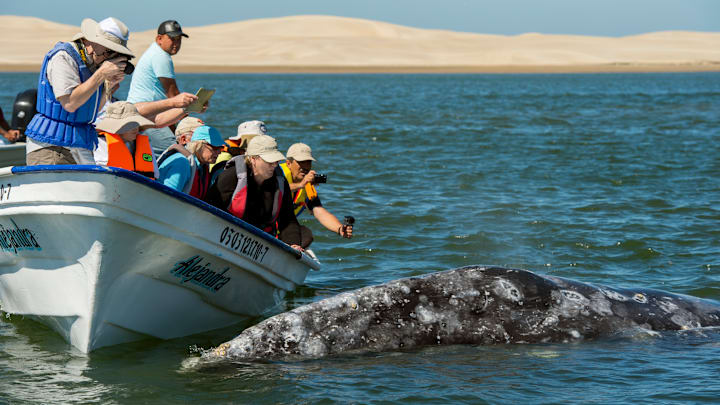The Environmental Impact of Travel: Balancing Adventure with Responsibility

Travel, with its promise of exploration and adventure, often comes with significant environmental implications. The desire to experience new destinations and engage in diverse activities can lead to increased carbon footprints, habitat disruption, and resource depletion. However, by embracing responsible travel practices, individuals can mitigate these impacts and contribute to the preservation of the natural world.
One of the most prominent environmental concerns associated with travel is the carbon footprint of transportation. Air travel, in particular, is a major contributor to greenhouse gas emissions, which contribute to climate change. While it may be challenging to completely eliminate the carbon footprint associated with travel, individuals can take steps to reduce their impact. Opting for direct flights, choosing more sustainable modes of transportation, and offsetting carbon emissions through various programs are effective ways to minimize the environmental footprint of travel.
In addition to transportation, the activities and behaviors of travelers can have a profound effect on local ecosystems. Outdoor activities such as hiking, wildlife watching, and water sports can potentially disrupt natural habitats and disturb wildlife. To mitigate these effects, travelers should adhere to established guidelines and regulations, such as staying on marked trails and respecting wildlife. Participating in eco-friendly tours and supporting businesses that prioritize environmental sustainability can also contribute to minimizing ecological damage.
The issue of resource consumption is another important aspect of travel’s environmental impact. The demand for water, energy, and other resources in tourist destinations can strain local supplies, particularly in areas that are already facing resource scarcity. Travelers can help alleviate this pressure by being mindful of their consumption, conserving water and energy, and supporting initiatives that promote sustainable resource management.
Furthermore, waste management is a critical concern for many popular tourist destinations. The increased volume of waste generated by visitors can overwhelm local waste management systems and contribute to pollution. Travelers can minimize their waste by practicing the principles of reduce, reuse, and recycle, and by supporting businesses and destinations that prioritize waste reduction and proper disposal practices.
In conclusion, while travel has undeniable environmental impacts, adopting responsible practices can help mitigate these effects and support the preservation of the natural world. By making informed choices, reducing carbon footprints, respecting ecosystems, and minimizing resource consumption, travelers can enjoy their adventures while contributing to a more sustainable future. Balancing the desire for exploration with environmental responsibility ensures that the beauty and diversity of our planet can be enjoyed by future generations.